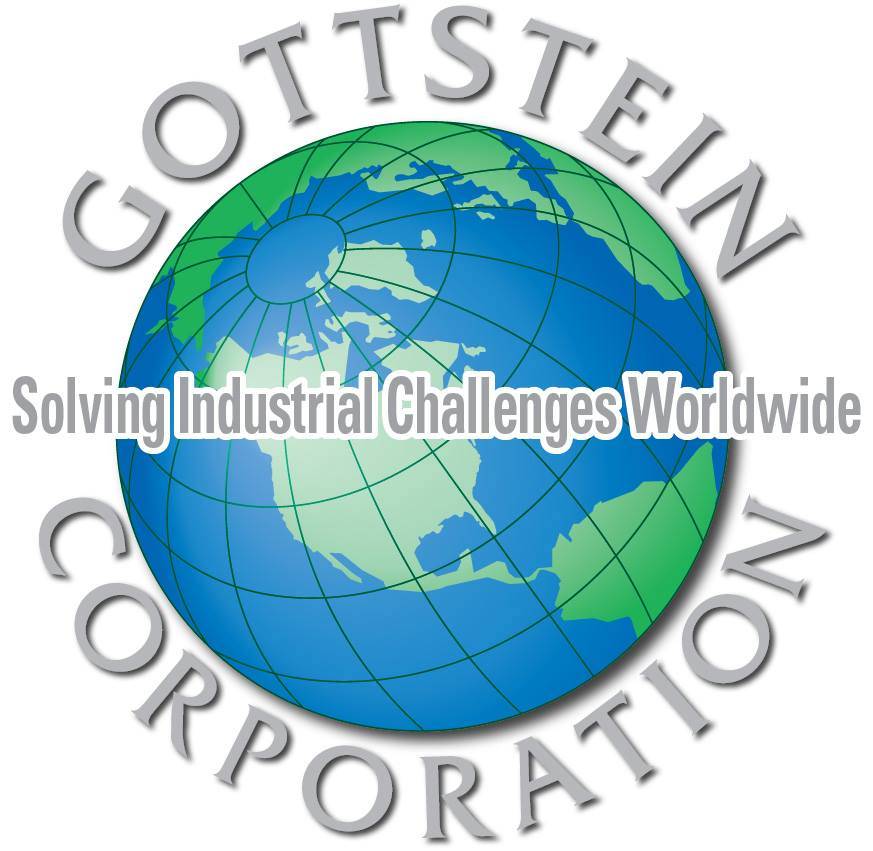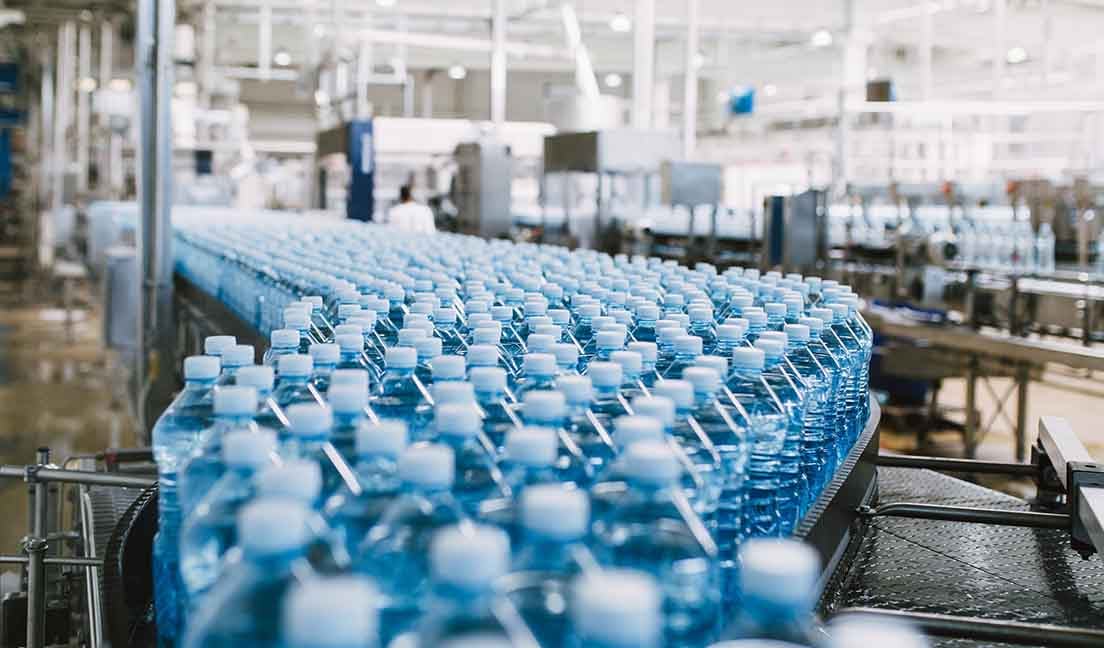1. Understanding the Production Requirements
The first step in designing an efficient process line is to thoroughly understand the production requirements. This includes:
Product Type and Variety:
Different beverages, such as carbonated drinks, juices, and alcoholic beverages, have unique production processes. The process line must be tailored to handle the specific requirements of each product type.
Production Volume:
The expected production volume will influence the capacity and scalability of the process line. It’s essential to design a line that can handle peak production demands while remaining efficient during lower production periods.
Quality Standards:
Adhering to strict quality standards is paramount in beverage production. The process line must be designed to maintain consistent quality, meeting both internal and regulatory standards.
2. Key Components of the Process Line
A beverage production process line typically includes several key components, each of which must be carefully designed and integrated:
Raw Material Handling:
Efficient handling and storage of raw materials are crucial. This includes automated systems for transporting ingredients to the production line.
Mixing and Blending:
Precise mixing and blending of ingredients are essential for consistent product quality. Automated mixing systems with real-time monitoring can ensure the correct proportions and homogeneity.
Pasteurization and Sterilization:
These processes are vital for ensuring the safety and shelf life of the beverage. The choice of pasteurization method (e.g., high-temperature short-time) depends on the product type.
Filling and Packaging:
Automated filling and packaging systems must be designed to minimize spillage and contamination while maximizing speed and accuracy.
Labeling and Coding:
Accurate labeling and coding are essential for traceability and compliance with regulations. Automated systems can ensure that every product is correctly labeled with batch numbers and expiration dates.
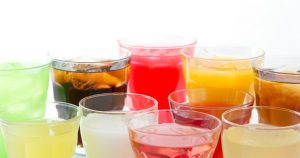
3. Automation and Technology Integration
Automation plays a crucial role in the efficiency of beverage production lines. Key considerations include:
Process Control Systems:
Implementing advanced process control systems can optimize the entire production process, from ingredient mixing to packaging.
Real-Time Monitoring and Data Collection:
IoT devices and sensors can provide real-time data on various parameters such as temperature, pressure, and flow rates. This data can be used for predictive maintenance and process optimization.
Robotics:
The use of robotics in handling, packaging, and palletizing can significantly reduce labor costs and increase precision and speed
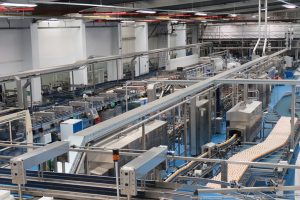
4. Energy Efficiency and Sustainability
Sustainability is increasingly important in beverage production. Designing energy-efficient process lines can reduce operational costs and environmental impact:
Energy-Efficient Equipment:
Selecting energy-efficient machinery and optimizing the production process to reduce energy consumption.
Water Management:
Implementing water recycling and reuse systems to minimize water waste.
Waste Reduction:
Designing processes to minimize waste generation and implementing recycling programs for packaging materials.
5. Compliance and Safety
Compliance with regulatory standards is non-negotiable in beverage production. Key considerations include:
Food Safety Standards:
Ensuring that the process line adheres to food safety standards such as HACCP and GMP.
Worker Safety:
Designing the process line to minimize hazards and ensure the safety of workers, including proper training and protective equipment.
Environmental Regulations:
Compliance with environmental regulations related to waste disposal, emissions, and energy consumption.
6. Flexibility and Scalability
The ability to adapt to changing market demands is crucial for long-term success. Designing flexible and scalable process lines allows for:
Product Diversification:
The capability to produce a variety of products on the same line with minimal changeover time.
Scalability:
Designing the process line to be easily scalable to increase production capacity as demand grows.
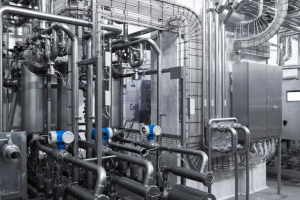
7. Cost Considerations
Cost efficiency is a key consideration in the design of beverage production lines:
Initial Investment vs. Long-Term Savings:
Balancing the initial cost of advanced technology and automation with long-term savings in labor, energy, and maintenance.
Maintenance and Downtime:
Designing the process line to minimize maintenance requirements and downtime, ensuring continuous operation and productivity.
Conclusion
Designing efficient process lines for beverage production involves a comprehensive understanding of production requirements, integration of advanced automation technologies, and adherence to quality and safety standards. By focusing on these key considerations, manufacturers can create process lines that are not only efficient and cost-effective but also flexible and sustainable, ensuring long-term success in the competitive beverage market.
Gottstein specializes in developing these advanced beverage production lines, offering tailored solutions that meet the unique needs of each client. With a commitment to innovation and quality, Gottstein Corporation ensures that your beverage production processes are optimized for efficiency, compliance, and sustainability.
